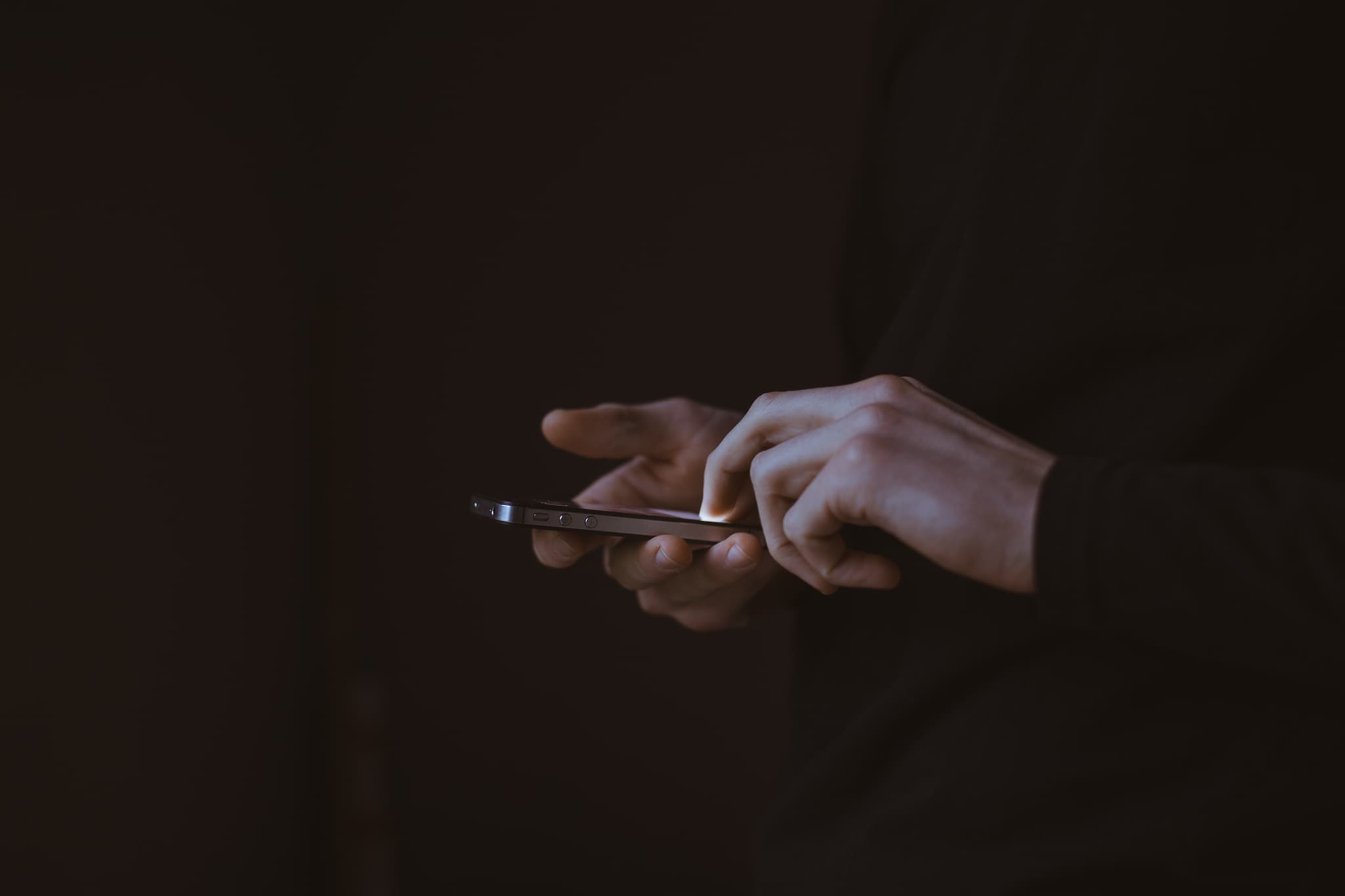Treating Depression
According to the World Health Organization (WHO), depression affects nearly 300 million people around the world. People of all ages can experience depression, a mental health disorder that not only impairs their functionality at work and at home, but in some cases lead to suicide. The WHO states that suicide is the cause of death for roughly 800,000 people every year.
Individuals with depression have several options available to them if they want to get help, including prevention programs, medication, and therapy. The problem, however, is that not everyone is capable of — or comfortable with — utilizing some of these methods due to physical, mental, or financial limitations. These limitations often force people who are experiencing depressive episodes to cope with them without professional help.
In 2017, Futurism reported on products like the Gravity Blanket. electric headbands that could help treat depression, the effectiveness of the drug Esketamine,
Woebot's Here for You
Medical professionals are still conducting research to better understand depression and treat it more effectively. Products like the Gravity Blanket and electric headbands are slowly trickling into the market as means of treatment.
Chatbots are also growing in popularity as a means of providing support for people seeking meaningful conversations. One bot in particular, Woebot, was created specifically to deal with depression. Created by Alison Darcy, a clinical psychologist at Stanford University, Woebot is a chatbot smartphone app that serves as a middle-ground between talking to a human therapist and talking with a basic chatbot.
"What we haven't done a good job of in [therapy] is give people an array of options — what about the people who aren't ready to talk to another person?" Darcy told Business Insider. "This is part of the idea of meeting people where they're at."
Rather than give simplistic responses like other chatbots, Woebot instead uses the principals of cognitive-behavioral therapy, or CBT, to tailor its responses. CBT is a form of talk therapy that tackles mental health issues by helping an individual change their pattern of negative thinking.
If, for example, Woebot asks how your day is going, and you respond with something like, "Not great. I feel useless." Woebot will recognize this as "negative self-talk," and tell you what you're saying isn't true.
If a user conveys thoughts and feelings during the chat that Woebot thinks are suicidal, or could lead to self-harm, the app will go into crisis mode. In this mode, Woebot signals to the user that it is not capable of handling the situation and provides emergency numbers and a link to an app called Tec-Tec. Tec-Tec has been shown to prevent planned self-harm and suicidal behavior.
While the simple positive reinforcement and CBT that Woebot offers may seem trivial, Darcy has evidence that it makes a big difference. Her team's research, published to the Journal of Medical Internet Research, Mental Health, describes a study involving 70 college students. The students were split into two groups — one group spoke to Woebot for two weeks, and the other read the the National Institute of Mental Health ebook, "Depression in College Students." Students chatting with Woebot saw a significant reduction in their depression, while those in the ebook group did not.
Friend First, Therapist Second
The trial was conducted while Woebot was still in beta testing, but now the app is out on Facebook Messenger and iOS for free, meaning anyone can try it out for themselves. An Android version is coming at a later date.
The app is currently rated 4.2 out of 5, with some users praising the app for teaching people new skills to overcome their depression, and speaking with users when it's convenient for them. Woebot has also been praised for making people feel comfortable, rather than judged. Business Insider's Erin Brodwin wrote that chatting with Woebot sometimes felt like having a real conversation, and other times like a game that leads to Woebot delivering a small amount of wisdom.
Woebot isn't meant to replace therapists, however, and it's unclear what the app's longterm impacts on treating depression will be. Users hoping that Woebot will evaluate their feelings to the same extent as a therapist might come away disappointed. Regardless, Woebot is yet another example of how chatbots and artificial intelligence can be used to address a person's health, and is another option for people diagnosed with depression.
"The Woebot experience doesn't map onto what we know to be a human-to-computer relationship, and it doesn't map onto what we know to be a human-to-human relationship either," Darcy told Business Insider. "It seems to be something in the middle."
Share This Article
